In Depth
Inside the Archives: George Soros and the Fight for Roma Dignity
For over 40 years, George Soros has been the leading private supporter of Europe’s Roma—the continent’s largest and most excluded ethnic minority—championing Roma leaders in their fight for equality and against deep-rooted discrimination.
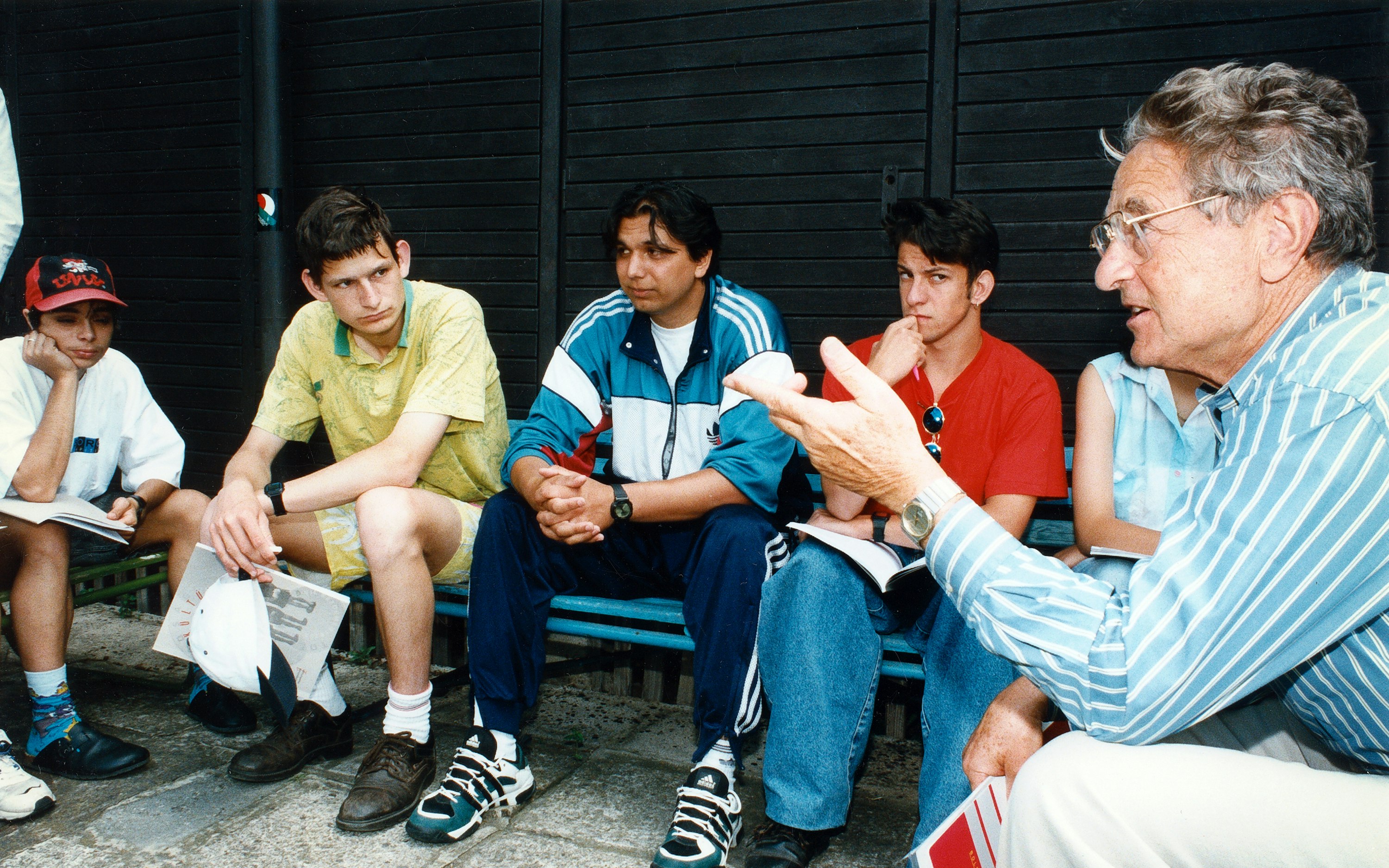
Inside Open Society
Forging New Paths to Green Development for the Global South

With climate disasters becoming more frequent and economic insecurity fueling unrest, the green transition can be a vital catalyst for countries to become more equal and prosperous, while protecting the planet.
Visual Storytelling
Q&A: Visual Witnesses: Photojournalism in a Changing World

World Press Photo Foundation's executive director reflects on the organization’s legacy, its evolving role in photojournalism, the impact of AI on the industry, and efforts to promote diversity and inclusivity in visual storytelling.
Inside Open Society
Reimagining Drug Policy with Compassion and Justice

Drug policy should be rooted in principles of public health, human rights, and uphold human dignity. Open Society strives to promote humane, evidence-based approaches to drugs and drug use worldwide.
Topics
Latest Voices
Investigative Journalism
This Reporter Helped Free 1,600 Yemeni Prisoners

Yemen is one of the most dangerous countries on earth for journalists. Yet against all odds, Wael Sharha conducted an investigation into unlawful detainments. The story of how his work resulted in 1,600 inmates being freed.
Violence Against Women
Q&A: Femicide in Kyrgyzstan
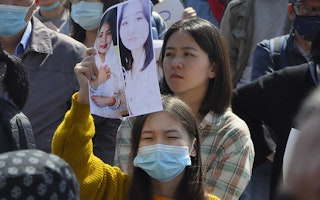
Gender-based violence is widespread and underreported in Kyrgyzstan. A talk with the investigative journalists who are shining a light on femicide, empowering women, and increasing the pressure for change.
Drug Policy
The Prescription for Saving Lives

A person dies every five minutes from overdose in the United States. We have the means to dramatically reduce those numbers. But the medication naloxone is suddenly scarce and prices are too high. What needs to happen next to save lives.
Women’s Rights
Open Society’s Commitment to Feminist Leadership
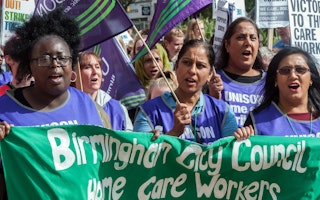
The Open Society Foundations pledged $100 million to support transformative feminist leadership. Take a deeper look into how we’re funding groups challenging the structures that are keeping women behind.
Drug Policy
Three Decades of Drug Policy Reform Work
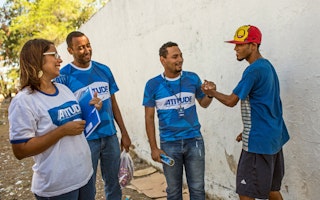
Over the past 30 years, Open Society has been the largest philanthropic supporter of efforts to reform drug policy and promote harm reduction around the world. This is a timeline of the Foundations’ pathbreaking work.
Police Reform
Q&A: The Politicization of Brazil’s Police

Under President Bolsonaro, Brazil is witnessing the use of pop culture and social media to legitimize the political influence of police. How Sou da Paz, a national think tank, is fighting back.
Multiracial Democracy
Post-Election Punditry Overlooks Asian American Gains

The pundits focused on a swing vote shift to the GOP in statewide races on the ballot November 2. But the election saw landmark strides toward a multiracial democracy at the local level, as Asian Americans made significant gains.
EU Green Deal
The EU Must Think Globally on Carbon Import Tax

A proposed EU carbon import tax risks hurting poorer countries by stunting trade and slowing their green transition.
Culture and Arts
Using Crafts to Find Common Ground
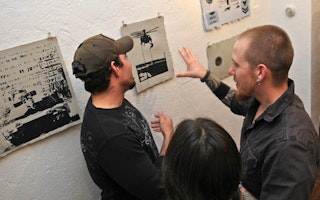
David Keefe brings veterans and migrants together to find common ground through the creative art of making paper from uniforms and clothing.
Dignified End-of-Life Care
Governments Should Follow Moldova’s Lead and Ensure Universal Access to Palliative Care
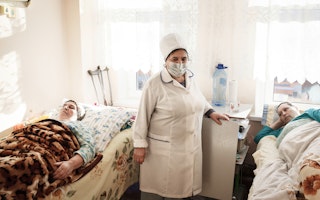
Over decades, Open Society’s funding for palliative care has improved access globally. However, while philanthropy plays a large role in this sector, palliative care must ultimately be publicly funded and universally available.